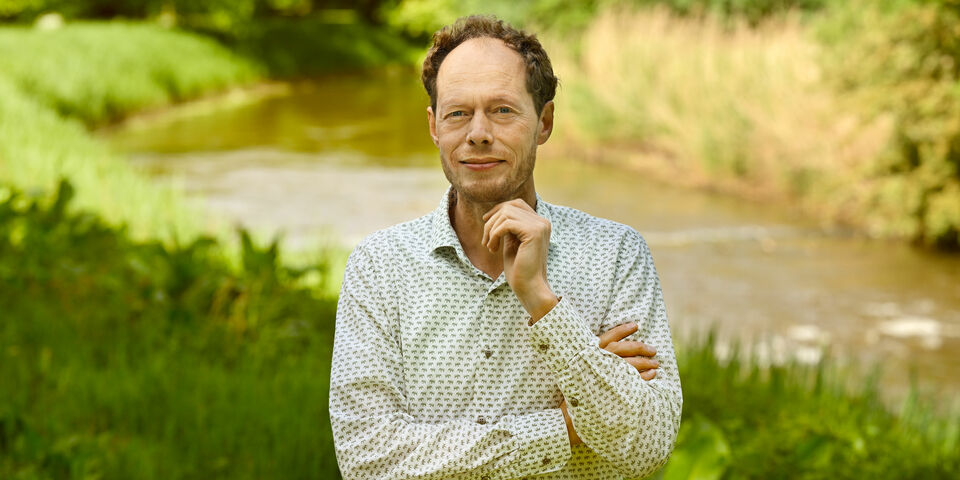It has to stay ‘gezellig’
No grand statements about the responsibility of graduates in a world on fire. At the MomenTUm ceremony in MetaForum, where nearly a thousand students received their diplomas, the atmosphere had to remain ‘gezellig’ above all, notes Pieter Pauw.
I’ve been back in the Netherlands for three years now, but I still need to adjust to the national character. During my eleven years in Germany, I learned that many Germans have a soft spot for the Dutch because they’re so locker, so relaxed and easygoing. It’s a generalization, of course, but Germans are often rather stiff and serious.
I’ve also noticed that being locker has its downsides. In Germany, people hold society together by taking responsibility or by pointing out when something is wrong; in the Netherlands, it all has to stay gezellig (the untranslatable Dutch word for warm, sociable coziness). Problems are laughed off, shortcomings trivialized.
Maybe I’m just being a killjoy, but that’s what came to mind when I read about MomenTUm. The speech by Executive Board President Koen Janssen had to be short, because he raced with (against?) students online across campus.
But it could be different. A university is at the heart of society – just think of the student protests against collaboration with the fossil fuel industry and with Israel – and it can contribute to solving all kinds of societal challenges. The Eindhoven Institute for Renewable Energy Systems (EIRES), for example, has already been working for five years on accelerating the energy transition.
MomenTUm could have been used to remind students once more of today’s major challenges, and of the responsibility that comes with a university degree. It could have – but that would probably be too ongezellig (the opposite of gezellig). Better to go racing instead.
Rector Magnificus Silvia Lenaerts closed the ceremony with the words “…support your community and help society move forward,” adding that the world needs people “who are engaged and know how to make a positive impact.” No doubt well-intentioned, but it rang hollow after such a program.
Pieter Pauw is assistant professor in the Technology, Innovation and Society group. The views expressed in this column are his own.
This article was translated using AI-assisted tools and reviewed by an editor.


Discussion